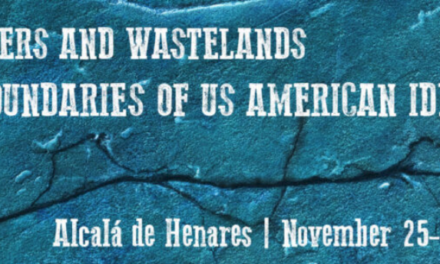Editor: Dr Ruxandra Trandafoiu (Edge Hill University)
This edited collection aims to capture the way human mobility is represented on screen (any type of screen: cinema, television, museum or public displays, tourist information, urban advertising, mobile devices etc). The project is based on the premise that human mobility is a major defining aspect of contemporary life, that mobility has become the paradigm of being and creating in the world, one that affects not just the creative industries and traditional media content and consumption, but also everyday life and banal practices and engagements with screen media.
For the purpose of this collection mobility is conceptualized as both movement and connection/disconnection. Mobility would refer in this instance to the liquidity of contemporary life, migration, media spreadability, communication growth, transmediality, networking, activism, cosmopolitanism, travel and tourism etc. Papers that apply or provide a theoretical update of globalization, post-colonialism, cosmopolitanism, tourism, place-making, network theory, transmedia production and consumption, prosumer theory, and diasporization, are particularly welcome. Equally, innovative methods of capturing mobilities on screen are invited. We expect authors to provide contemporary screen media examples which represent human mobility, but also illuminate creative industry contexts and practices, as well as inform our understanding of prosumer and fandom performance. In particular, the contributions should make it clear how the case study captures various expressions of change, transition, in-betweenness, liquidity, travel, fragmentation, remaking and connecting. Case studies are not limited to any geographical region.
Routledge has expressed a strong interest in publishing this collection.
Please send chapter proposals of approximately 300 words (with a short bio) to Ruxandra Trandafoiu trandar@edgehill.ac.uk by 31st of January 2020. Authors of accepted proposals will be notified by 2nd of March 2020. Full chapter drafts of 6000-7000 words are due by 28 September 2020.





